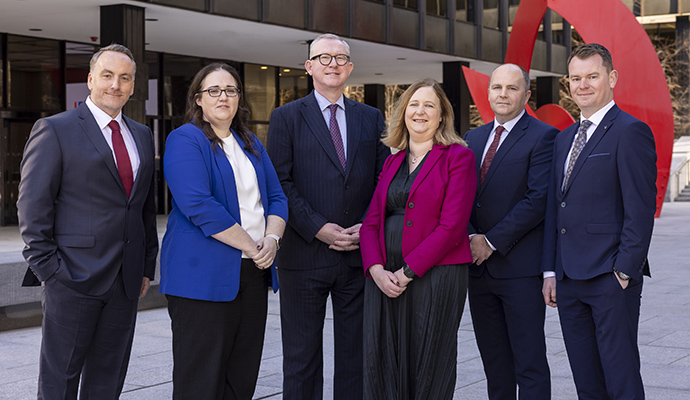
BDO Strengthens Leadership Team with Appointment of Four New Partners
We are delighted to welcome Siobhán Phelan, Patrick Glover, Donal Ryan, and Richard Sammon to the BDO team. Their expertise, leadership, and commitment to excellence align perfectly with our mission to deliver superior service and strategic insights to our clients. We look forward to the contributions they will make as we continue to drive excellence and high impact advisory services in our industry.
Read the Press release.jpg)

